Vote NO on Measure A to reject a centralized “Strong Mayor” government that strips power away from the city council, and citizens of Sacramento.
Measure A proposes a shift of power within Sacramento’s municipal government. The measure asks Sacramentans to amend the city’s structure of government from a council-manager form to a mayor-council form. Under the proposed measure, the city council would be composed of nine members, which may include a president and vice president. The mayor would then become the city’s chief executive officer with a two-term limit. Under Measure A, the mayor would have the authority to fire and hire Sacramento’s city manager, propose the city budget, and hold line-item veto power. The mayor would only be obligated to attend city council meetings once a quarter -- currently, the mayor is expected to attend every city council meeting. Accountability components of the act outline the council’s ability to override mayoral decisions with a two-thirds majority vote and the creation of an ethics commission and Fair Housing and Human Rights Commission. The text is not specific regarding the creation, enforcement, and consistency of the proposed commissions, leaving room for weak implementation.
Under Measure A, the balance of power strongly favors a single mayor over city council members. Based on our analysis, the current council-manager system is particularly important to preserve in Sacramento, which encompasses diverse neighborhoods that each require specific needs. Councilmembers elected to represent and advocate for each district would have their powers weakened under Measure A.
The City of Sacramento has previously attempted four times to centralize mayoral decision-making power. This is particularly concerning considering current Mayor Darrell Steinberg’s history of unresponsiveness to issues such as police violence. Mayor Steinberg has repeatedly ignored community narratives at city council meetings and has reallocated resources originally aimed at serving youth and preventing gang violence. The measure is concerning in and of itself, but especially so considering who would be holding power. Ultimately, Measure A would move the city of Sacramento further away from a system of co-governance and severely reduce the mayor’s accountability to the city and its residents.
Why Voting NO on Measure A Matters
- Under Measure A, the mayor would hold the power to veto any council decision, as well as the entire proposed city budget.
- The mayor would no longer be held accountable to the Brown Act, which requires that mayoral decisions be conducted at open and public meetings. This would potentially allow for the mayor to make obscure deals that favor corporations, developers and law enforcement.
- Under Measure A the mayor is not required to attend weekly city council meetings, and is only required to “be reasonably available to the public.”
- The measure would weaken the power and voice of the city council, who are elected to represent the people of Sacramento.
- The current council-manager structure of government holds the city manager more directly accountable to constituents, as opposed to being accountable to the mayor only.
- The measure’s commitment to the Fair Housing and Human Rights Commision lacks structure for implementation, and serves as an enticement that is non-binding and will likely fall through. Sacramentans have seen this vague language in 2018 with Measure U, which proposed an increase in sales tax to “bolster an inclusive economy, stimulate job growth and provide affordable housing” - none of which was not followed through.
- Issues of equity should be prioritized through their own proposition, not exist as an afterthought and used as a political tool.
Top Funders
Support for Measure A has raised over $250,000. The significant amount of development funding paired with the potential removal of the Brown Act suggest that the passage of Measure A would empower developers and development-related unions to privately negotiate with the mayor to their benefit.
- Developers - This includes the California Association of Realtors,The Greebrist Development Project, and Sacramento development attorney Tina Thomas, among others.
- Unions/Associations Related to Development - Over 9 organizations, including Members Voice of the State Building and Construction Trades Council and Sacramento Electrical Construction Industry Labor Management.
- Big Business - Markstein Beverage Company of Sacramento and Park West Casinos, Inc.
Vote NO on Measure A to reject a centralized “Strong Mayor” government that strips power away from the city council, and citizens of Sacramento.
Measure A proposes a shift of power within Sacramento’s municipal government. The measure asks Sacramentans to amend the city’s structure of government from a council-manager form to a mayor-council form. Under the proposed measure, the city council would be composed of nine members, which may include a president and vice president. The mayor would then become the city’s chief executive officer with a two-term limit. Under Measure A, the mayor would have the authority to fire and hire Sacramento’s city manager, propose the city budget, and hold line-item veto power. The mayor would only be obligated to attend city council meetings once a quarter -- currently, the mayor is expected to attend every city council meeting. Accountability components of the act outline the council’s ability to override mayoral decisions with a two-thirds majority vote and the creation of an ethics commission and Fair Housing and Human Rights Commission. The text is not specific regarding the creation, enforcement, and consistency of the proposed commissions, leaving room for weak implementation.
Under Measure A, the balance of power strongly favors a single mayor over city council members. Based on our analysis, the current council-manager system is particularly important to preserve in Sacramento, which encompasses diverse neighborhoods that each require specific needs. Councilmembers elected to represent and advocate for each district would have their powers weakened under Measure A.
The City of Sacramento has previously attempted four times to centralize mayoral decision-making power. This is particularly concerning considering current Mayor Darrell Steinberg’s history of unresponsiveness to issues such as police violence. Mayor Steinberg has repeatedly ignored community narratives at city council meetings and has reallocated resources originally aimed at serving youth and preventing gang violence. The measure is concerning in and of itself, but especially so considering who would be holding power. Ultimately, Measure A would move the city of Sacramento further away from a system of co-governance and severely reduce the mayor’s accountability to the city and its residents.
Why Voting NO on Measure A Matters
- Under Measure A, the mayor would hold the power to veto any council decision, as well as the entire proposed city budget.
- The mayor would no longer be held accountable to the Brown Act, which requires that mayoral decisions be conducted at open and public meetings. This would potentially allow for the mayor to make obscure deals that favor corporations, developers and law enforcement.
- Under Measure A the mayor is not required to attend weekly city council meetings, and is only required to “be reasonably available to the public.”
- The measure would weaken the power and voice of the city council, who are elected to represent the people of Sacramento.
- The current council-manager structure of government holds the city manager more directly accountable to constituents, as opposed to being accountable to the mayor only.
- The measure’s commitment to the Fair Housing and Human Rights Commision lacks structure for implementation, and serves as an enticement that is non-binding and will likely fall through. Sacramentans have seen this vague language in 2018 with Measure U, which proposed an increase in sales tax to “bolster an inclusive economy, stimulate job growth and provide affordable housing” - none of which was not followed through.
- Issues of equity should be prioritized through their own proposition, not exist as an afterthought and used as a political tool.
Top Funders
Support for Measure A has raised over $250,000. The significant amount of development funding paired with the potential removal of the Brown Act suggest that the passage of Measure A would empower developers and development-related unions to privately negotiate with the mayor to their benefit.
- Developers - This includes the California Association of Realtors,The Greebrist Development Project, and Sacramento development attorney Tina Thomas, among others.
- Unions/Associations Related to Development - Over 9 organizations, including Members Voice of the State Building and Construction Trades Council and Sacramento Electrical Construction Industry Labor Management.
- Big Business - Markstein Beverage Company of Sacramento and Park West Casinos, Inc.





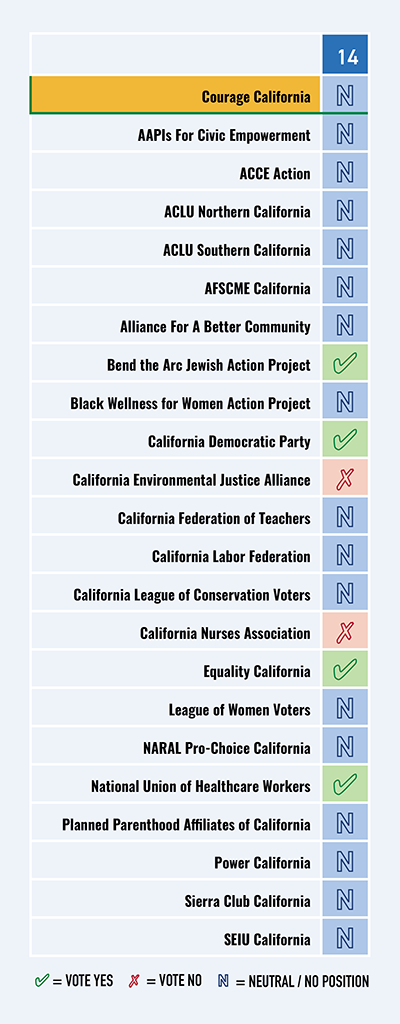


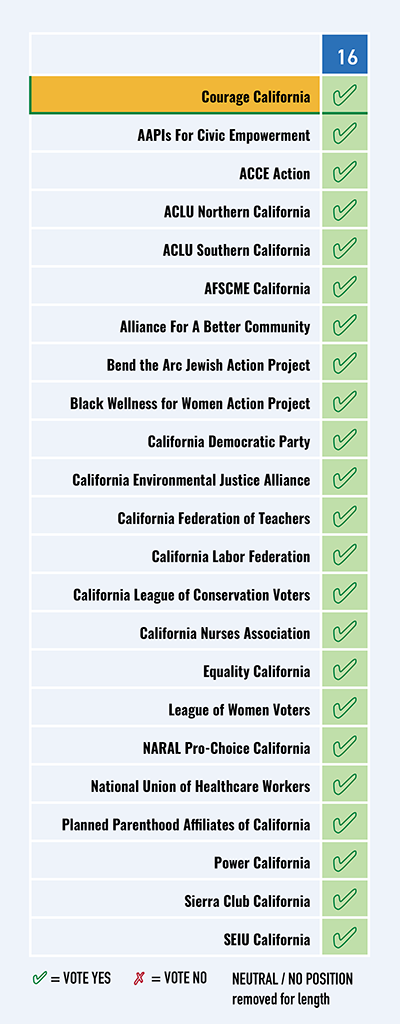
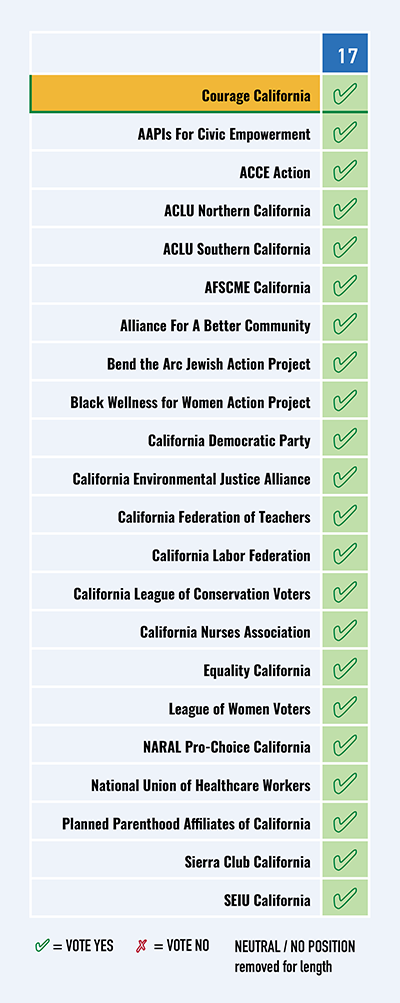
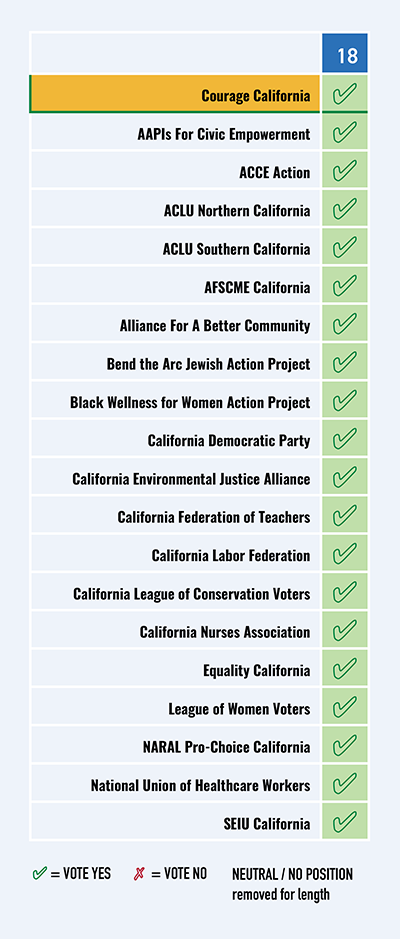
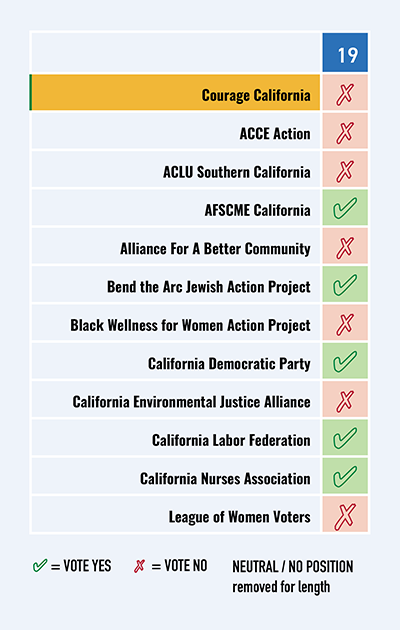

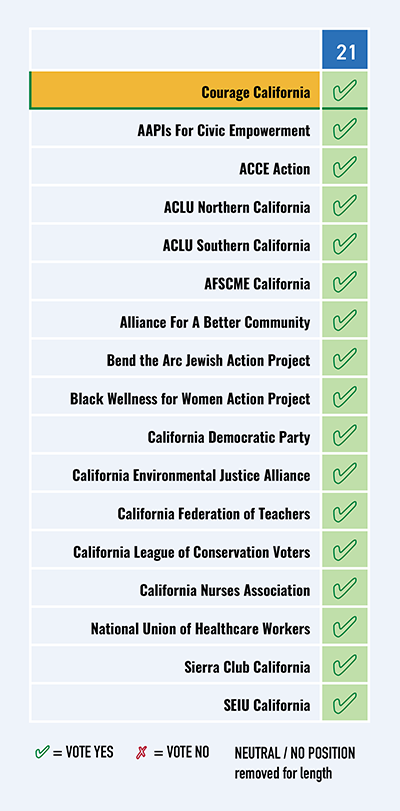
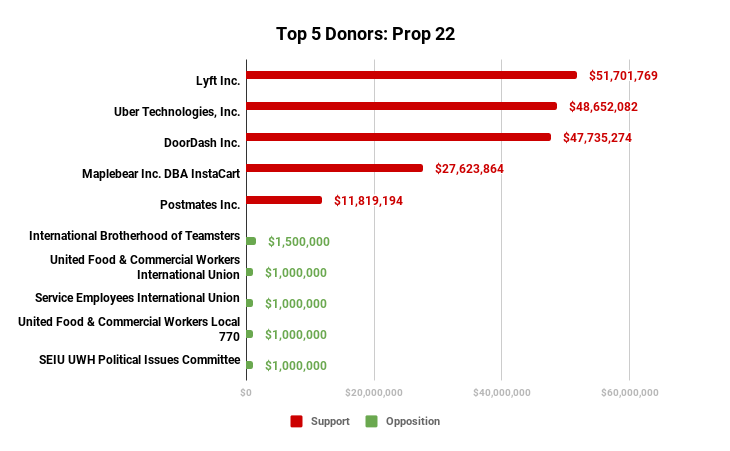
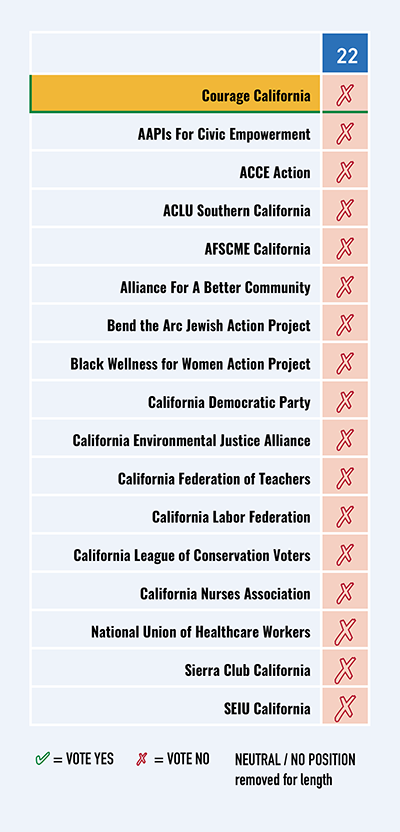
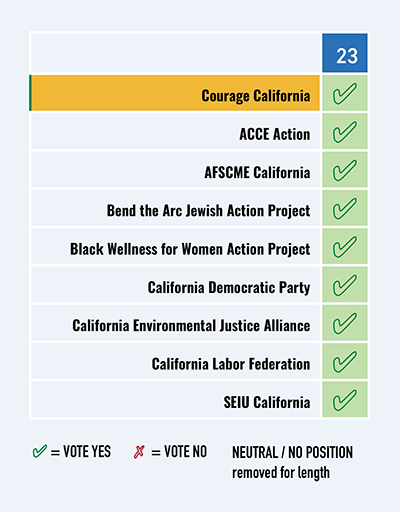
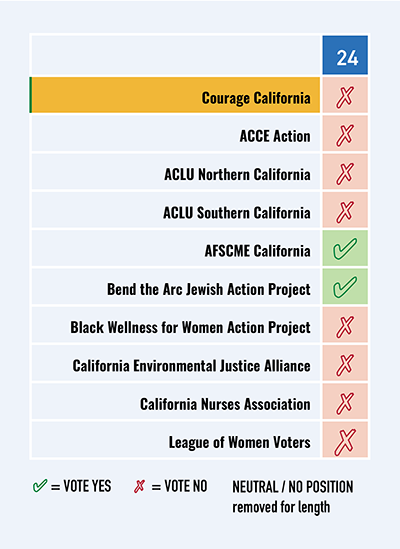



There are two candidates for this position. Both Les Simmons and Mai Vang have distinct visions for District 8, but both demonstrate an awareness of issues within South Sacramento and possess a long-standing history of community organizing. We have compiled basic biographical information for your reference.
About the Position
Sacramento is governed by a nine-member Mayor-Council system of government. A city council is responsible for establishing policy, passing local laws (called ordinances), voting on budget appropriations, and developing an overall vision for the city. City council members in Sacramento are elected to four-year terms.
About the District
Sacramento is Sacramento County’s most populous city. Sacramento city council oversees the needs of over 490,000 people and manages an estimated budget of 1.3 million dollars annually. Sacramento is managed by a Mayor-Council structured government. Sacramento’s District 8 includes Meadowview, Parkway, North Laguna Creek, and Jacinto Creek in South Sacramento. The district is significantly diverse, with 30% Latinx, 28% Asian, and 20% Black populations.
About the Race
Following the March 3rd primary election, Mai Vang and Les Simmons advanced to the general election, having defeated Santiago Morales, Ronald Bell and Daphne Harris. Vang led Simmons by a margin of 14%. The City of Sacramento has not published campaign finances, however both Simmons and Vang have pledged to reject law enforcement funding.